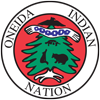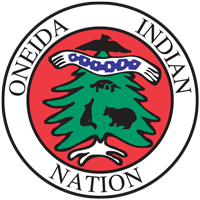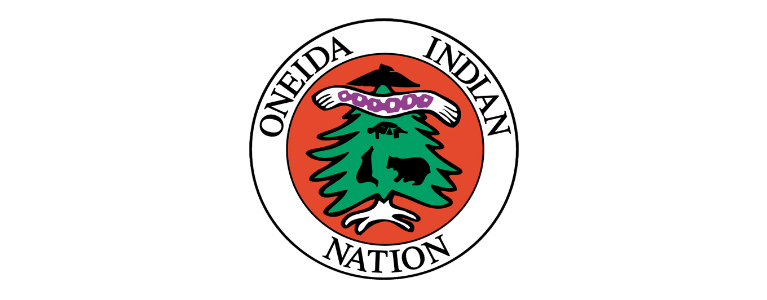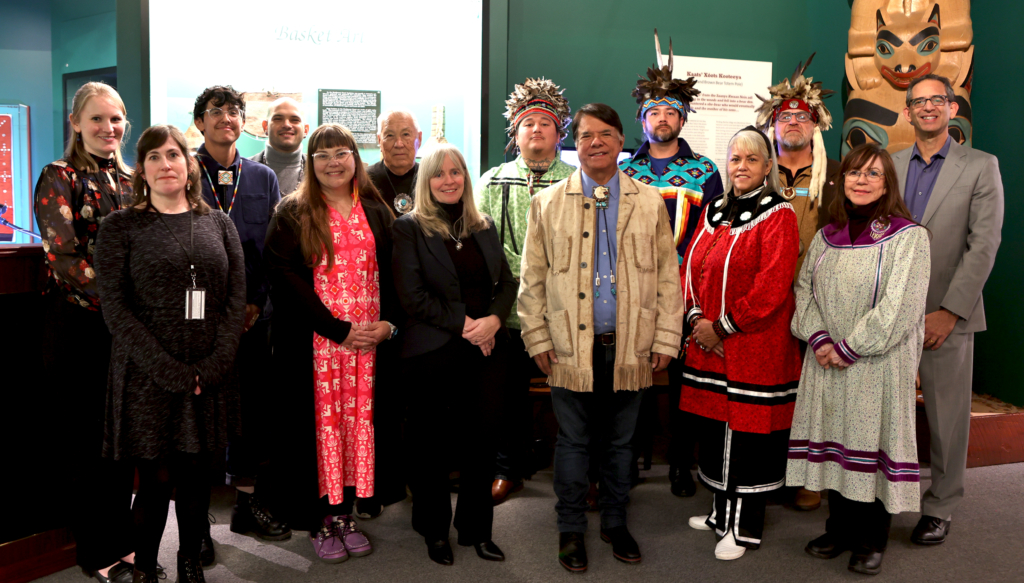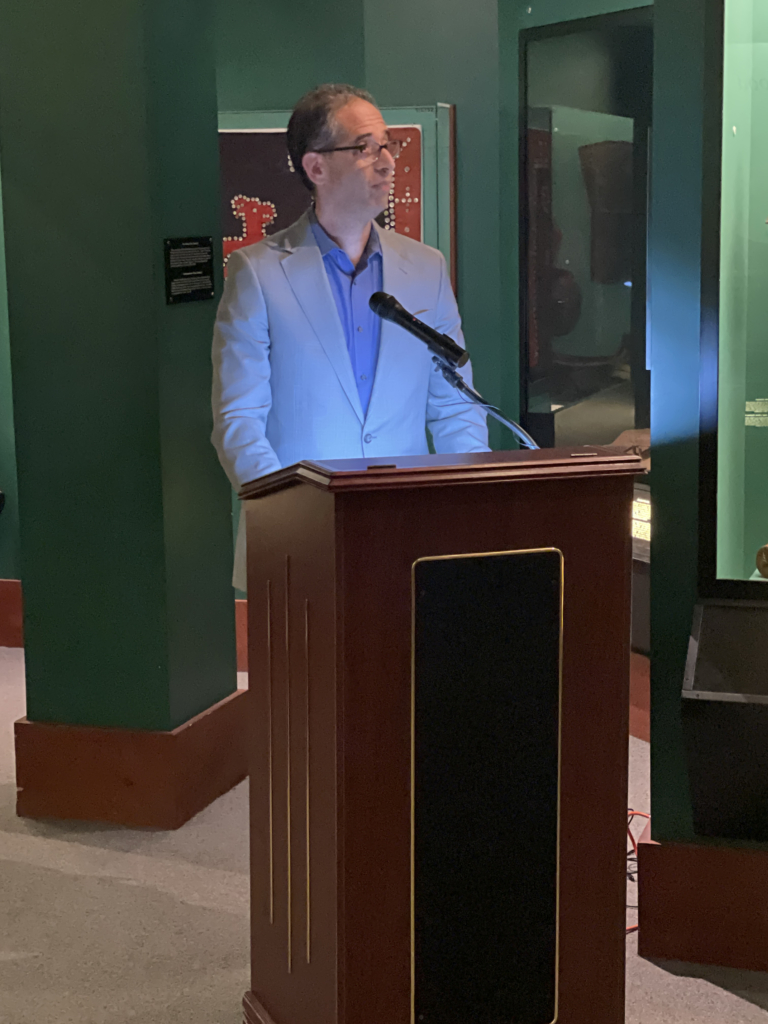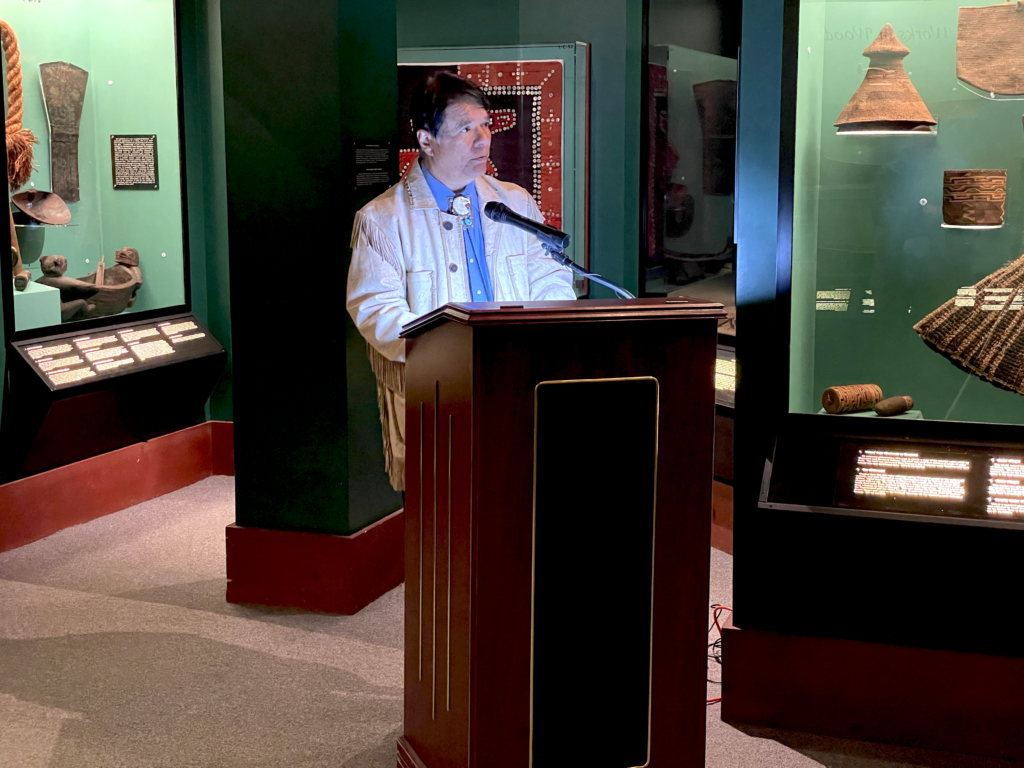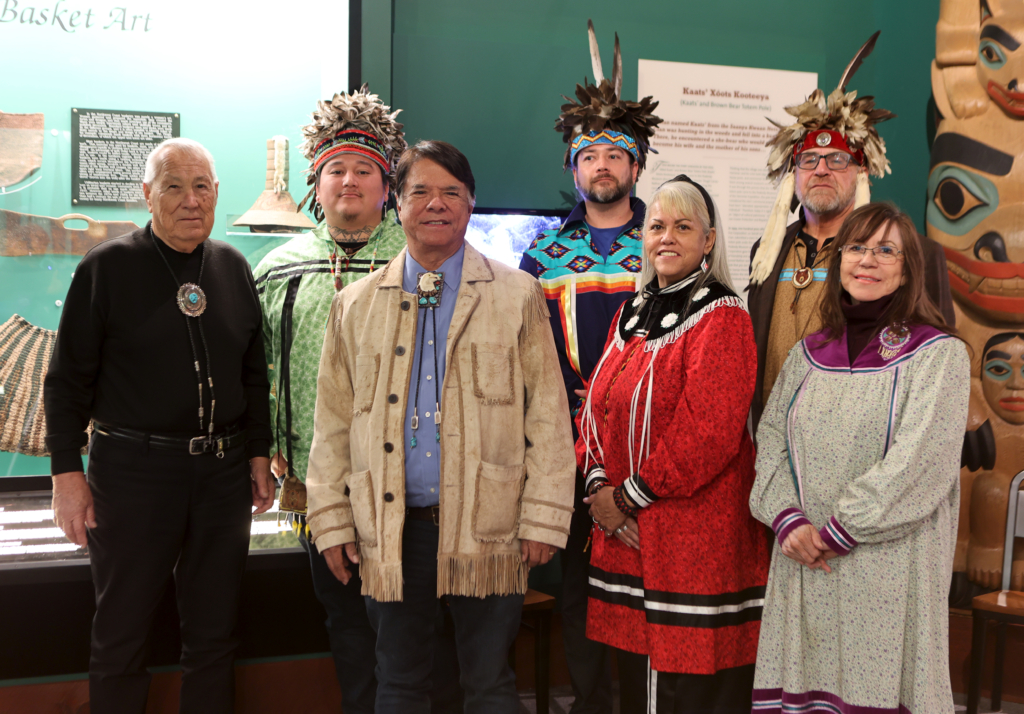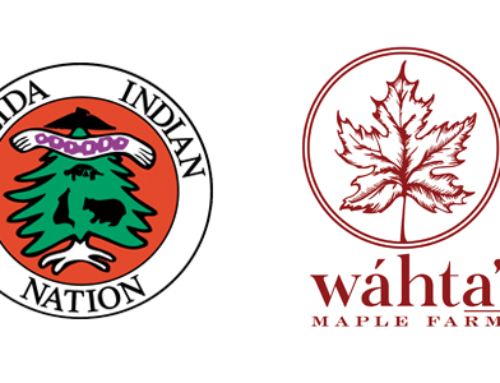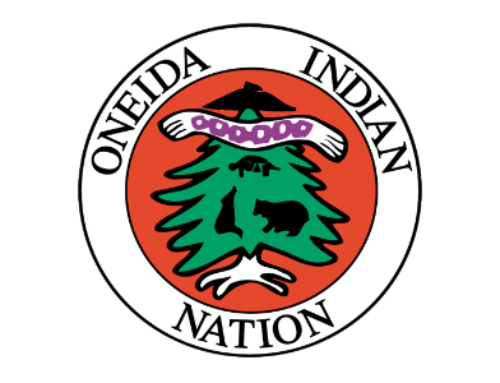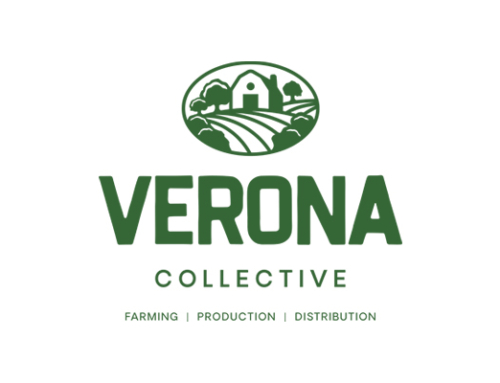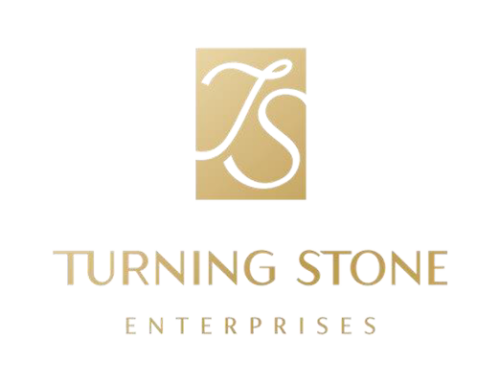A delegation from the Oneida Indian Nation traveled to Harvard University this week as part of the repatriation of the remains of seven Oneida Indian Nation ancestors at an event hosted by the university’s Peabody Museum of Archaeology and Ethnology. Harvard Law School’s Interim Dean John C.P. Goldberg and Peabody Museum Director Jane Pickering also participated in the event.
Oneida Indian Nation Homelands (December 4, 2024) – A delegation of Oneida Indian Nation leaders joined representatives of Harvard University Tuesday, Dec. 3 for the repatriation of seven Oneida Indian Nation ancestors and associated funerary objects at the Peabody Museum of Archaeology and Ethnology. Oneida Indian Nation Representative Ray Halbritter, Harvard Law School’s Interim Dean and Carter Professor of General Jurisprudence John C.P. Goldberg, and William and Muriel Seabury Howells Director of the Peabody Museum of Archaeology & Ethnology Jane Pickering all took part in the event.
The ancestors repatriated to the Oneida Indian Nation were removed from their burial sites in 1878 along with associated funerary objects at Brier Hill in Upstate New York’s St. Lawrence County by Samuel W. Garman. In 1870, Garman became the assistant director of herpetology and ichthyology at the university’s Museum of Comparative Zoology.
“There is much work to be done in righting the wrongs of the past, yet today, we came together with Harvard University to set a new course,” said Oneida Indian Nation Representative Ray Halbritter. “From ensuring that one day no Native American ancestors are insensitively displayed or forgotten in storage rooms to prioritizing our voices in discourses of history and culture, this is a unique opportunity to forge a better future as partners.”
“For more than 20 years, Harvard Law School has enjoyed a special relationship with the Oneida Indian Nation,” said John C.P. Goldberg, Interim Dean of Harvard Law School. “Our Oneida professors have ensured that cutting-edge research on American Indian law is taking place here, and that Harvard law students have the opportunity to learn about this body of law from the world’s leading authorities. We are so grateful to the Oneida Indian Nation and to Representative Ray Halbritter for making this possible.”
Tuesday’s event is the result of a three-year dialogue between the Oneida Indian Nation and Harvard University that began in 2021. At that time, Nation representatives reached out to establish affiliation and confirm details about remains and culturally significant objects within the university’s collections, specifically those taken from its ancestral homelands in Upstate New York. This ongoing dialogue will continue in the months to come as Harvard University and the Oneida Indian Nation work together to identify other remains and culturally significant artifacts within the museum’s collections and restore them to the Oneida people.
Repatriations have been a cornerstone of the Oneida Indian Nation’s cultural preservation efforts for many years. In recent history, Oneida Indian Nation ancestors, sacred and funerary objects and cultural artifacts have been restored to the Nation from institutions such as the American Museum of Natural History, Cornell University, Colgate University and the Rochester Museum & Science Center (RMSC). Partnerships between the Oneida Indian Nation and leading cultural and educational institutions such as these play an important role in forming productive relationships between tribal communities and cultural institutions and affirming the sovereignty and dignity of Native people.
###
About the Oneida Indian Nation
The Oneida Indian Nation is a federally recognized Indian nation in Central New York. A founding member of the Haudenosaunee Confederacy (also known as the Six Nations or Iroquois Confederacy), the Oneida Indian Nation sided with the Americans in the Revolutionary War and was thanked by Congress and President George Washington for its loyalty and assistance. Today, the Oneida Indian Nation consists of about 1,000 enrolled Members, most of them living in Central New York. The Nation’s enterprises, which employ more than 4,500 people, include Turning Stone Resort Casino, YBR Casino & Sports Book, Point Place Casino, The Lake House at Sylvan Beach, The Cove at Sylvan Beach, Maple Leaf Markets, SāvOn Convenience stores, Verona Collective, a seed-to-sale cannabis operation, RV Park, and marinas. Proceeds from these enterprises are used to rebuild the Nation’s economic base and provide essential services, including housing, health care, and education incentives and programs, to its Members.
About The Peabody Museum of Archaeology & Ethnology
The Peabody Museum at Harvard University connects people with the cultural heritage in the Museum’s care. We commit to amplifying global Indigenous, descendant, and diaspora community voices and knowledge to address colonial legacies. We facilitate education and scholarship to foster a more inclusive and collaborative future. The Peabody aims to be an ethical steward of the collections in our care and to act collaboratively and with transparency. We strive to provide access to and care of collections in a manner founded on respect for descendant communities and those for whom the collections hold cultural value. We recognize the perspectives and positions of these communities in regard to their cultural heritage, and we commit to acknowledging and engaging with our own complex institutional and disciplinary histories.
Media Contacts:
Joel Barkin, Vice President for Strategic Communications and Community Engagement
315.361.8173
jbarkin@oneida-nation.org
James Chisholm, Director of Media Relations, Harvard Faculty of Arts and Sciences
james_chisholm@fas.harvard.edu
